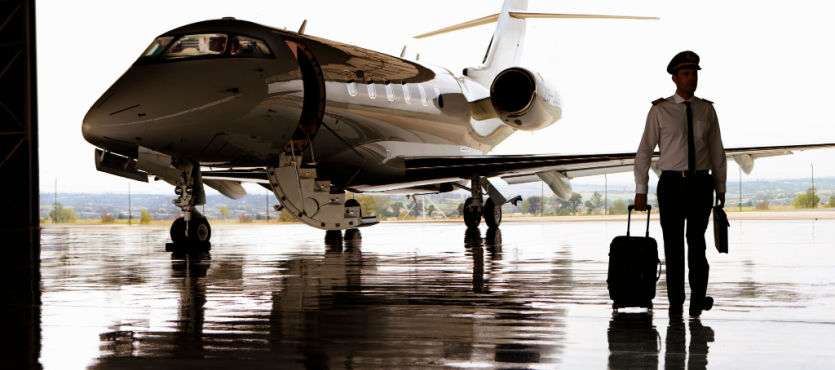Ever since the dawn of humanity, people have had the yearning to take to the skies and soar above the earth with the birds. However, up until recent years, this was an elusive dream that they could never truly accomplish. These days getting your pilot’s license is one of the best ways to help ensure that you’re always surrounded by clouds. If you’ve been considering getting either your commercial or private pilot license, then here’s what you need to know.
What Training Is Necessary?
When it comes to becoming a commercial pilot, there are a few steps that you’ll need to take. First and foremost, you’ll need to meet the eligibility requirements. From there, you’ll need a specific type of medical certificate, and only then can you enroll in pilot school. Once you get through your training, you’ll then need to pass your written test. When you finalize your training and get the necessary logbook endorsements and you pass your checkride, you’re all set!
Things are a little bit different if you’re trying to get your private pilot license. According to the Federal Aviation Administration (FAA), you’ll need at least forty hours of flight time, including ten hours of solo time and twenty hours with an instructor pilot. Since you’ll already have your solo pilot license under your belt, you can apply those hours toward your certification. Unlike a commercial license, there are no real prerequisites. This means that once you do have your solo license, you can get started on earning your private one.
What Are the Duties?
As a commercial pilot, your duties will be fairly diverse. Your most important job, of course, will be to make sure that all passengers and cargo reach their destination safely. This means that you’ll also be responsible for making sure you chose the best and safest route for your aircraft and that you don’t inadvertently endanger yourself, your crew or your passengers. You will also need to know how to read flight plans, and math is also necessary, as you’ll need to be able to calculate fuel and understand weather patterns.
As a private pilot, your responsibilities will be quite similar to that of a commercial pilot, but with a few key differences. Like a commercial pilot, you need to make sure that you keep the aircraft safe and under control. Even though this may not be a commercial flight, you have to uphold the policies set by the FAA. You will need to know how to perform all pre-flight checks so you can report any issues, uphold regulations about operation and flying, educate yourself about the flight instruments, be alert to the weather and stay on top of all necessary paperwork.
What Can Your Salary Be?
Before you rush out to get your private pilot license, you need to first be aware that your certification isn’t necessarily a fast-track to a steady income. That said, you can contract with other companies that may want to utilize your services. If you do wind up going this route, you can reasonably expect to earn as high as $135,000 annually (according to the Bureau of Labor Statistics). This can vary, of course, depending on the region where you operate, your experience, and your other qualifications.
Earning a living wage as a commercial pilot is somewhat easier to help ensure. Per standardized guidelines, many commercial airlines pay their pilots an hourly rate based on their in-flight hours. That said, your income as a commercial pilot does include minimum hours guaranteed, as well as bonuses offered by the airlines. The Bureau of Labor Statistics reports that as a commercial pilot, you can hope to earn an average of about $202,000 per year, on average.
If you’ve always dreamed of becoming a pilot, then now is the time to make that dream a reality. Here at Airlink Flight School, we can teach you everything that you need to know to get started on earning your private pilot certification. With training that includes ground and flight coursework, you can learn everything that you need to know before you take your exam with a FAA designated examiner. To get started on getting your private pilot license in just thirteen days, why not contact us today?

